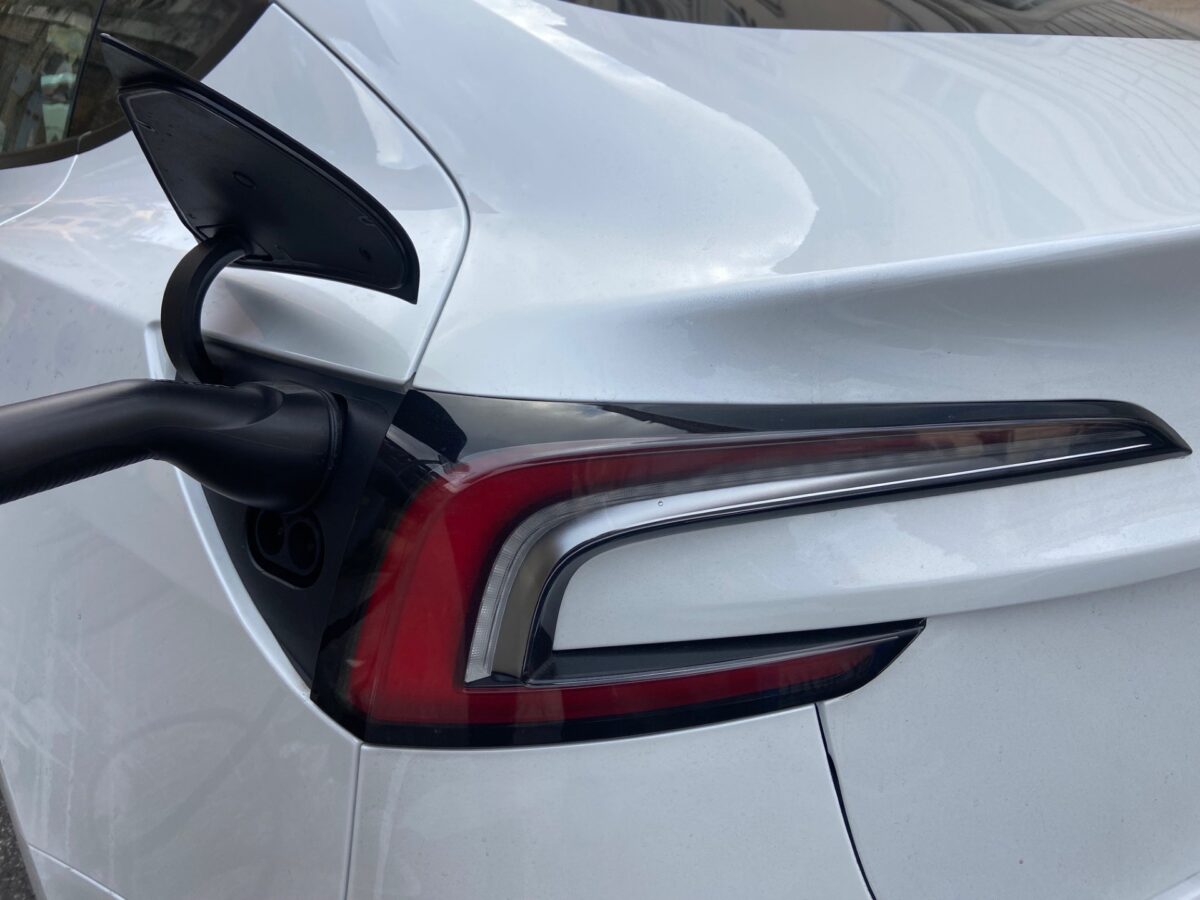Australian motorists have launched legal proceedings in the Federal Court against Elon Musk’s electric vehicle (EV) automaker, alleging that cars manufactured by Tesla Inc. are defective and don’t deliver on the company’s promises around automation and battery range.
The consumer action, filed in the Federal Court by Brisbane-based lawyers JGA Saddler, together with legal finance provider Woodsford, targets the sales of Model 3 and Model Y cars manufactured by the United States-based Tesla Inc.
JGA Saddler said the claim centres on “Model 3 and Model Y vehicles manufactured from 2021 onwards that are equipped with ‘Tesla Vision’ (a camera-based system designed to automate driving), an Autopilot system, and a battery that powers the vehicles.”
The firm said the class action relates to three alleged problems with the Model 3 and Y cars, including “phantom braking”, lack of autonomous driving, and poor battery range.
JGA Saddler Director Rebecca Jancauskas told AAP that Tesla had made claims about the capabilities of the Model 3 and Model Y vehicles but they had fallen short of expectations.
“Tesla made promises about their vehicles’ safety, performance and features such as their ‘full self-driving’, but it appears some of these promises are falling flat,” she said.
The claim identifies concerns about ‘phantom braking’, a phenomenon where the car – with Autopilot engaged – suddenly applies the brakes in response to imagined hazards.
“Tesla vehicles have the propensity to autonomously engage automatic emergency braking abruptly in inappropriate circumstances, leading to a risk of collisions,” JGA Saddler said. “Despite statements or representations to the contrary, the hardware on Tesla vehicles is incapable of supporting fully autonomous or close to autonomous driving.”
The firm also alleges the vehicles lack “the ability to achieve, or come close to achieving, the advertised maximum range or the range displayed on the vehicle’s dashboard when the battery level is greater than 50%.”
The action comes as Tesla’s sales in Australia slow, declining 16.8% in 2024 while the overall EV market was up 4.7%.
According to the Federal Chamber of Automotive Industries (FCAI), Australians bought a record 91,292 EVs in 2024, up from the 87,217 sold in 2023. Tesla sold 38,347 EVs in Australia last year, 7,769 fewer than it did in 2023.
Despite the decline, Tesla remained the top seller of EVs in Australia, accounting for 42% of electric cars sold, down from a 52.9% market share in 2023.
This content is protected by copyright and may not be reused. If you want to cooperate with us and would like to reuse some of our content, please contact: editors@pv-magazine.com.









By submitting this form you agree to pv magazine using your data for the purposes of publishing your comment.
Your personal data will only be disclosed or otherwise transmitted to third parties for the purposes of spam filtering or if this is necessary for technical maintenance of the website. Any other transfer to third parties will not take place unless this is justified on the basis of applicable data protection regulations or if pv magazine is legally obliged to do so.
You may revoke this consent at any time with effect for the future, in which case your personal data will be deleted immediately. Otherwise, your data will be deleted if pv magazine has processed your request or the purpose of data storage is fulfilled.
Further information on data privacy can be found in our Data Protection Policy.